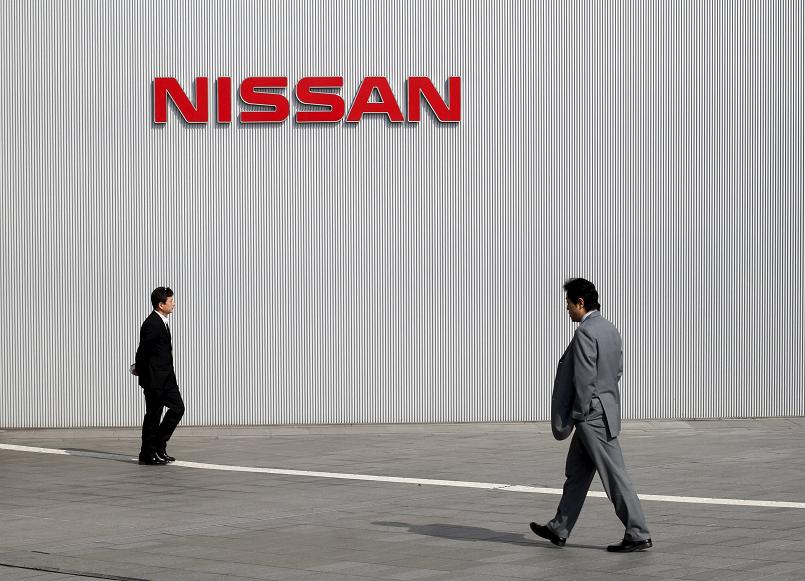 Nissan is looking beyond the simple act of building cars as a means of servicing consumers and their communities. – Reuters pic, March 3, 2016.Nissan used its appearance at this year's Geneva Motor Show to announce the launch of its first production cars with semi-autonomous technology and outline why it is partnering with world-renowned architects on its vision for the future of mobility.
Nissan is looking beyond the simple act of building cars as a means of servicing consumers and their communities. – Reuters pic, March 3, 2016.Nissan used its appearance at this year's Geneva Motor Show to announce the launch of its first production cars with semi-autonomous technology and outline why it is partnering with world-renowned architects on its vision for the future of mobility.
Like all big car firms, Nissan offers a range of active safety features such as emergency autonomous braking in its current model lineup.
However, it wants to be the first mass-market brand to offer Piloted Drive technology, starting later this year in Japan and in Europe from 2017 when its refreshed Qashqai crossover launches.
"We are taking technology normally found in premium cars and making it accessible to millions of motorists," said Paul Willcox, Chairman, Nissan Europe.
Piloted Drive keeps a safe speed and safe distance from the car in front and handles stop-start highway situations, but can't yet move autonomously between lanes.
"The introduction of Piloted Drive technologies will be an evolution not a revolution," said Willcox.
The technology will build year on year, up to 2020 with new capabilities until it can navigate city centres and highways.
"With the driver in control, we want to remove the pain-points of being behind the wheel, like navigating heavy traffic," Willcox said.
Nissan also announced a partnership with architects Foster + Partners exploring how cars, communities and infrastructure can form greater reciprocal connections once battery and charging technologies have advanced, and when all vehicles are web enabled as well as autonomous.
"Technology holds many of the answers for the challenges we face in our cities today. However, the true power comes when those technologies are integrated with each other and the world around us," said Willcox.
Nissan, like Ford, GM and Volkswagen, is looking beyond the simple act of building cars as a means of servicing consumers and their communities.
One of Nissan's ideas for its city of the future is that electric cars will be able to draw power from or give it back to the grid. That as well as being vehicles, they can serve as mobile generators dispensing clean energy where needed.
And it is the idea of the car as a power generator that Nissan and Foster + Partners are exploring.
"Integrating zero emission technologies into the built environment is vital in creating smarter, more sustainable cities. That commitment must extend far beyond the car – it must sit at the heart of everything we do," said David Nelson, co-head of design, Foster + Partners. – AFP/Relaxnews, March 3, 2016.

Comments
Please refrain from nicknames or comments of a racist, sexist, personal, vulgar or derogatory nature, or you may risk being blocked from commenting in our website. We encourage commenters to use their real names as their username. As comments are moderated, they may not appear immediately or even on the same day you posted them. We also reserve the right to delete off-topic comments